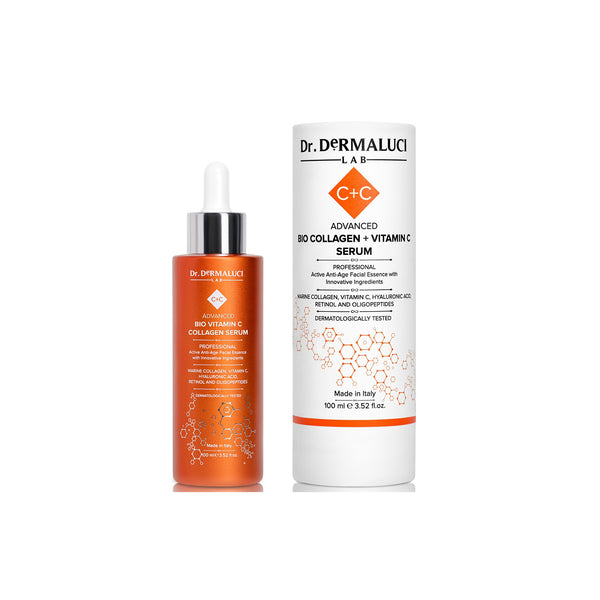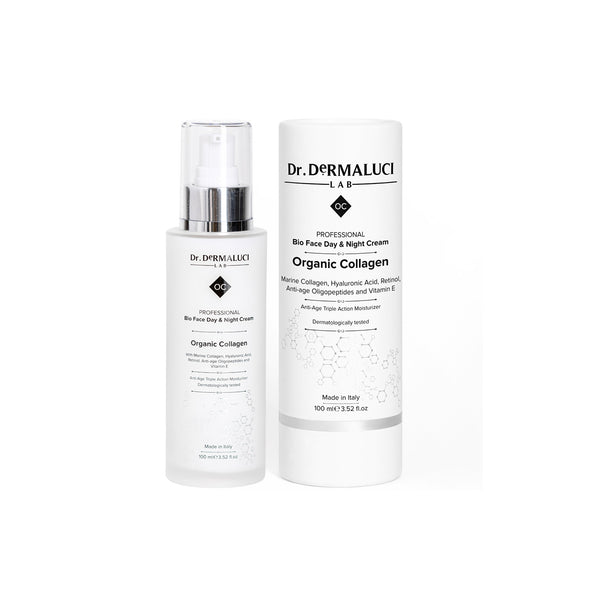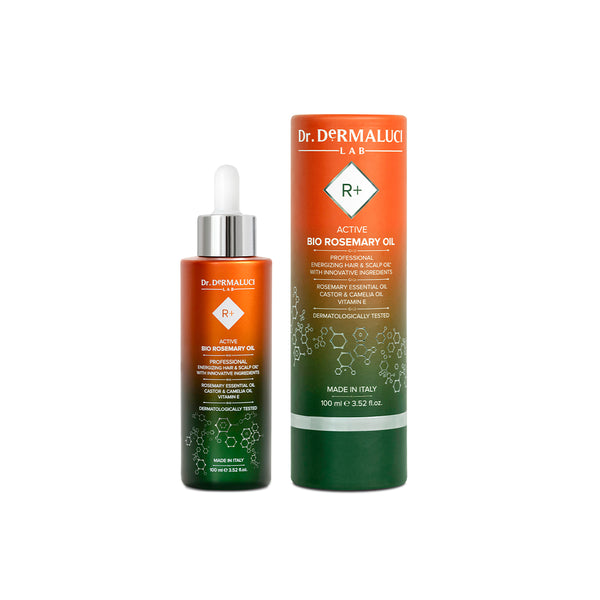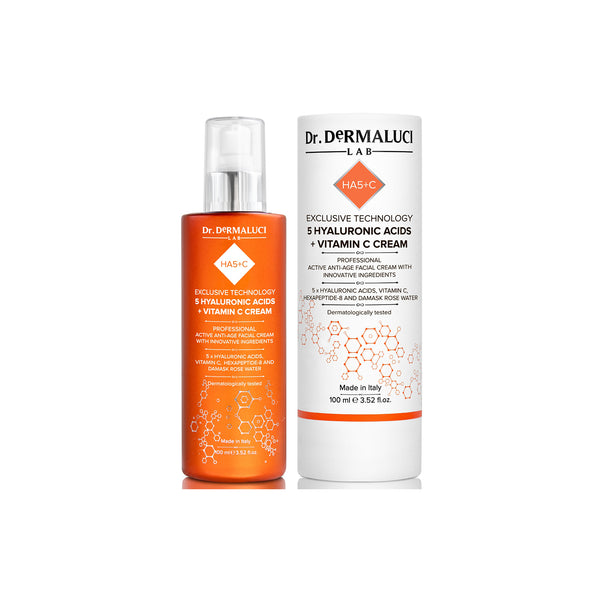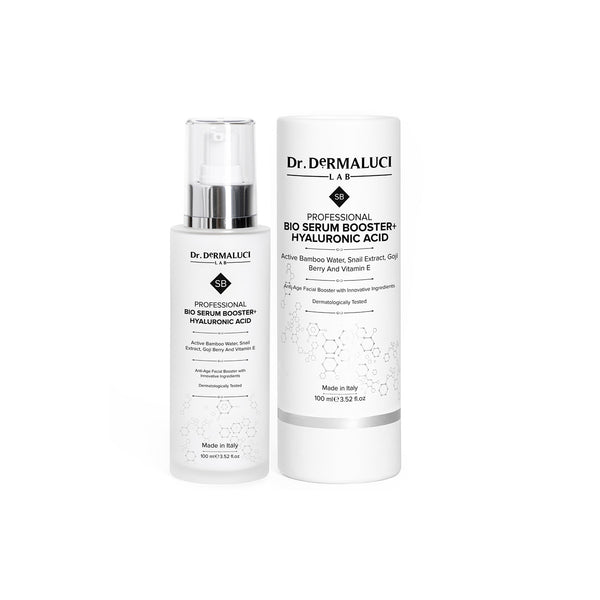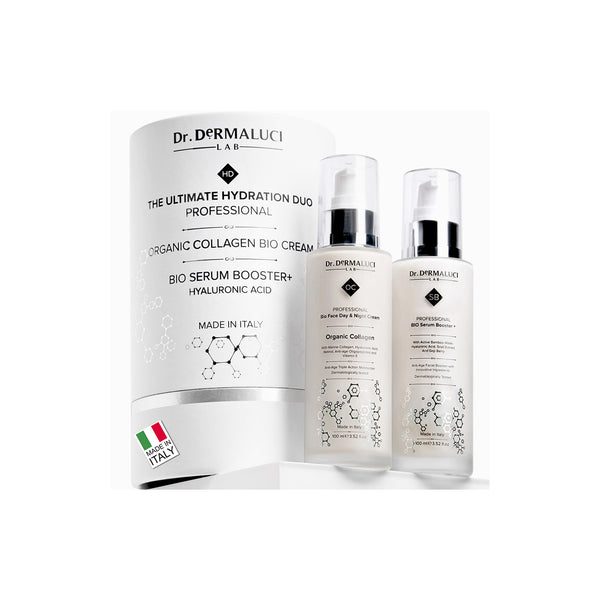
How to Read a Skincare Label Transparency & Science by Dr. Dermaluci Lab
🧬 Behind Every Label Lies Science
At Dr. Dermaluci Lab, every label tells a story – of research, precision, and integrity.
Understanding what’s inside your skincare is the foundation of Smart Beauty. Reading an ingredient list (INCI – International Nomenclature of Cosmetic Ingredients) reveals how science and nature blend to support your skin barrier, hydration, and repair.
🧪 How to Read a Label Intelligently
- Order matters – ingredients appear from highest to lowest concentration.
- Active zone – key actives often sit within the first 5–10 ingredients.
- Actives vs. bases – water, glycerin, and emulsifiers create structure; actives like niacinamide or retinol drive performance.
- Scientific names – Hyaluronic Acid = Sodium Hyaluronate; Vitamin E = Tocopherol.
- Avoid noise words – “chemical-free” or “non-toxic” lack scientific meaning.
Knowing these details empowers you to choose skincare that aligns with evidence, not marketing.
🧴 Why Transparency Matters
Dermocosmetic excellence isn’t about secrecy; it’s about clarity.
Each Dr. Dermaluci Lab formulation lists not only actives but their functional purpose: hydration, barrier reinforcement, renewal, or antioxidant support.
This open-label philosophy bridges Italian craftsmanship + clinical science – giving you both confidence and results.
🌿 From Lab to Label – Example: Hyaluronic Acid 5× Complex
Multi-molecular Hyaluronic Acid, featured across Dr. Dermaluci Lab formulas, demonstrates transparency in action: five molecular sizes working in synergy for hydration from surface to depth.
Checklist / Key Benefits
- ✅ Understand INCI and active ingredient order
- ✅ Differentiate science from marketing terms
- ✅ Identify key actives that match your skin type
- ✅ Appreciate the brand’s transparent formulation ethics
- ✅ Empower smarter skincare decisions
❓ FAQs
Q: What does “aqua” mean on labels?
A: It’s purified water, the most common solvent in skincare formulas.
Q: Why are scientific names used instead of simple ones?
A: INCI standards ensure global clarity and avoid translation errors.
Q: What does “fragrance (parfum)” signify?
A: A blend of aroma components used for scent; Dermaluci Lab uses low-allergen versions for sensitive skin.
Q: Are all activities listed first?
A: Not always – some are effective at low percentages (like retinol or peptides).
Q: Does “organic” mean better?
A: Not necessarily – efficacy depends on stability and scientific testing, not just origin.
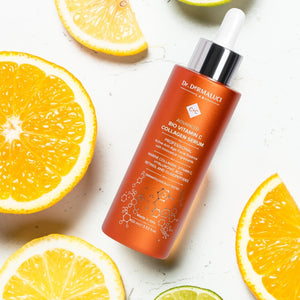
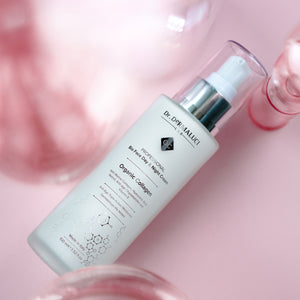
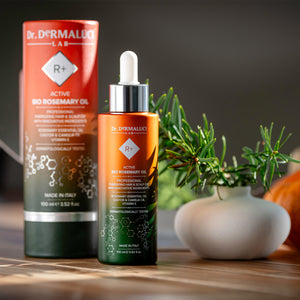
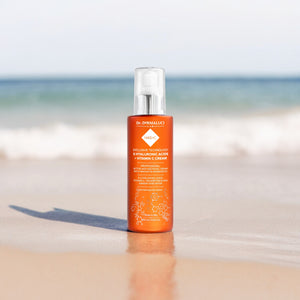
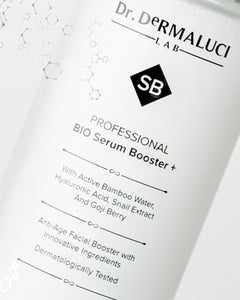
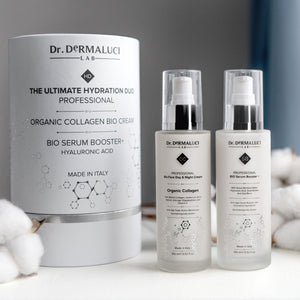

 Verified by shop
Verified by shop







